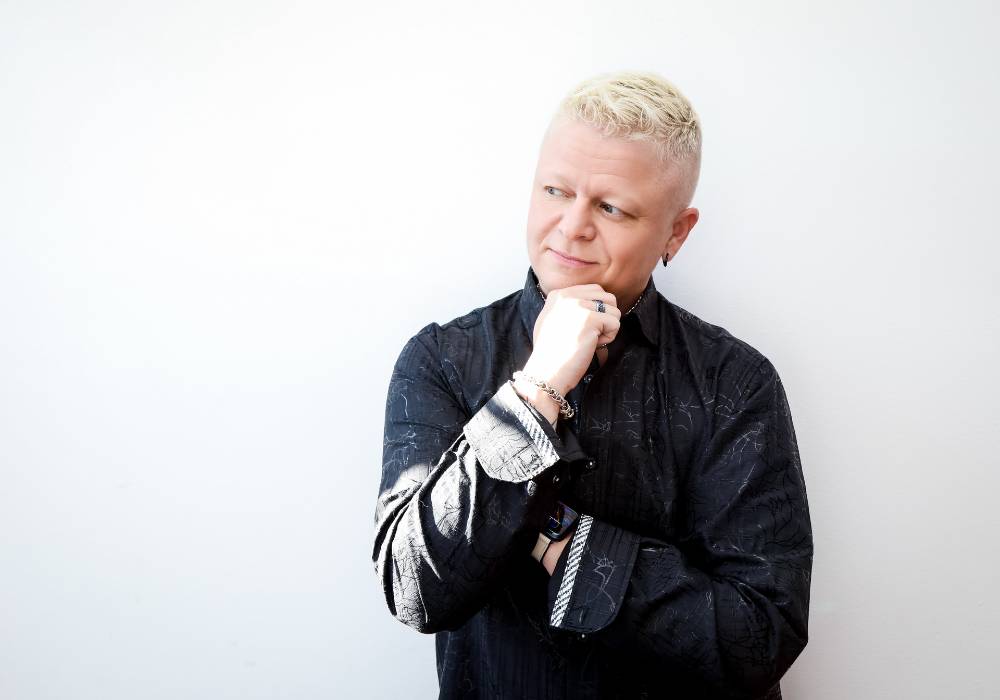
The Dos and Don’ts of Supporting the Trans Community
Business
By Liam Paschall, Global Training Business Partner (Associate Director) at Parexel
Do know that someone’s gender isn’t “your call” to make.
Do understand that gender evolves over time.
Do understand the difference between gender identity, gender expression, biological sex and sexual orientation.
Do recognize that gender and sex are separate matters entirely.
Do understand that being transgender isn’t a preference or a lifestyle choice.
Don’t make assumptions about a transgender person’s sexual orientation.
Don’t ever assume someone’s gender.
Do introduce yourself with your name and pronouns. This may take practice as it is a new behavior for many.
Do put your pronouns in your email signature and social media profile – including LinkedIn.
Do address groups of people with inclusive words like, “folks”, “pals”, “everyone”, etc.
Do understand that not everyone is comfortable with gendered titles like “Mrs.” or “Ms.” Also understand that titles are not always needed, but if you have to use them, you can use “Mx”.
Do avoid asking people what terms they ‘prefer’. Having a ‘preference’ can sound as if it’s a choice. If you need to, you can simply ask people what terms they use.
Do use the pronoun “they” when someone’s gender or identity is unknown.
Do listen. If you’re unsure what pronouns a person uses, listen to the pronouns other people use when referring to them. If you must ask, start with your pronouns. For example, “Hi, I’m Liam and I use the pronouns he and him. What about you?”.
Don’t ever ask a transgender person what their “real name” is.
Do understand the differences between “coming out” as lesbian, gay, or bisexual and “coming out” as transgender.
Do know your limits as an ally.
Don’t be afraid to admit when you’re wrong or that you made a mistake. Educate yourself. Talk to a transgender person. Seek out resources that will help you learn more.
Do be careful and considerate about confidentiality, and “outing” someone. Some transgender people feel comfortable disclosing their gender history and some don’t. Do not share this information, speculate, or gossip about a person you know or believe to be transgender.
Do respect the terminology a transgender person uses to describe their identity.
Do practice patience with someone who may be questioning or exploring their gender identity.
Do understand there is no right or wrong way to transition, and that it is different for every person.
Don’t ask about a transgender person’s genitals, surgical status, or sex life.
Do avoid microaggressions like:
“You look just like a real woman.”
“She’s so pretty. I would have never guessed she was trans.”
“He is so handsome. I’d go out with him even though he’s transgender.”
“You would pass so much better if you wore less makeup and had a better wig.”
“You are so brave to do this”.
Do support all-gender or gender-inclusive restrooms.
Do stand up and challenge discrimination and bias of all kinds. This includes anti-transgender language or jokes in all spaces, including lesbian, gay, and bisexual spaces.
Do always set an inclusive tone in group settings.
Do help make your company trans-inclusive.
Instead of saying someone was born a boy or a girl, say they were assigned male at birth or assigned female at birth. These terms recognize the difference between sex & gender and emphasize how sex & gender are assigned to individuals at birth, rather than being innate ordinary qualities.
Don’t describe someone as a “former man” or “biological woman”. It’s demeaning and disrespectful.
Don’t ask about surgery or hormone status; don’t ask “When are you going to have the surgery?” or “Are you on hormones?” Our medical histories & bodies can be intensely personal & private – the same as cisgender people are. If trans people want to share these details with you, allow them to do it on their terms.
Do speak up and stand up for all bias, harassment, discrimination, or unfair treatment towards transgender and nonbinary individuals.
Don’t let transphobia/cissexism happen anytime…anywhere. Confront it as you would confront all any form of oppression. Trans issues are rarely discussed & when they are, it is often in a negative light. If you are a cisgender person, be aware of the role you play as an active ally. Remember that the way you talk about trans people influences how others perceive trans people and can make a difference in whether they feel safe/comfortable.


